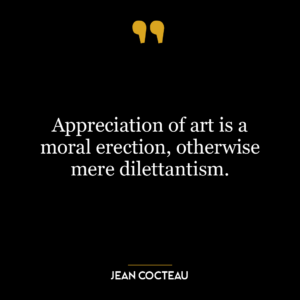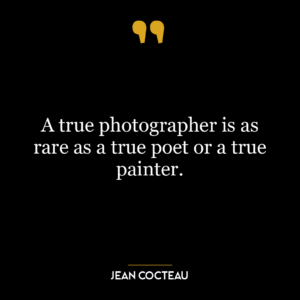This quote explores the various ways in which we perceive and interact with the divine or the universe, depending on our role or perspective at any given moment.
As pantheists, or natural scientists, we see the divine in everything around us. Pantheism is a belief system that equates God with the universe and all natural phenomena. This perspective aligns with the scientific view of the world, where everything is interconnected and every element of the natural world holds its own significance.
As poets, or polytheists, we see multiple deities or forms of the divine. This reflects the creative and imaginative aspect of human nature. Just as a poet uses different characters or voices to express various aspects of the human experience, we may also perceive different aspects of the divine in various forms, each representing different qualities or attributes.
As monotheists, or moral beings, we believe in a singular divine entity that guides our moral compass. This perspective aligns with many religious belief systems that posit a single, all-powerful deity who sets moral standards and judges human actions. In this role, we seek guidance and moral clarity from a singular divine source.
Applying this idea to today’s world or personal development, it suggests that our understanding and relationship with the universe or the divine can be multifaceted. We can appreciate the beauty and complexity of the universe as scientists, express our emotions and experiences through various forms as poets, and seek ethical guidance as moral beings.
In terms of personal development, this quote can serve as a reminder to embrace all these aspects of our nature. It encourages us to appreciate the world around us, express our creativity, and strive for moral integrity. Moreover, it suggests that these different perspectives are not mutually exclusive but can coexist and enrich our understanding of the world and ourselves.










